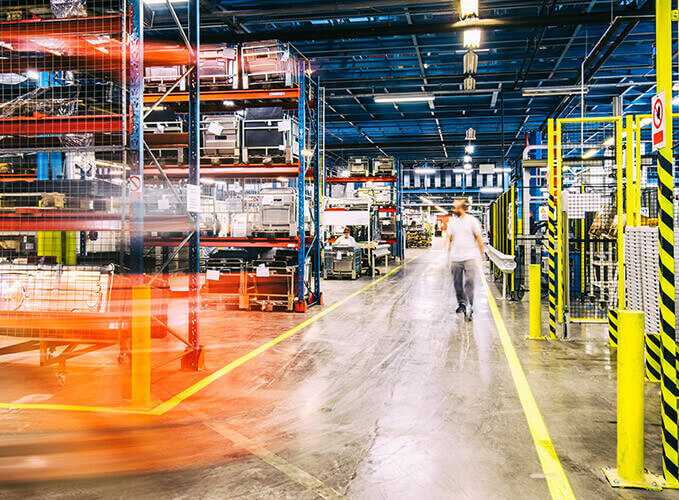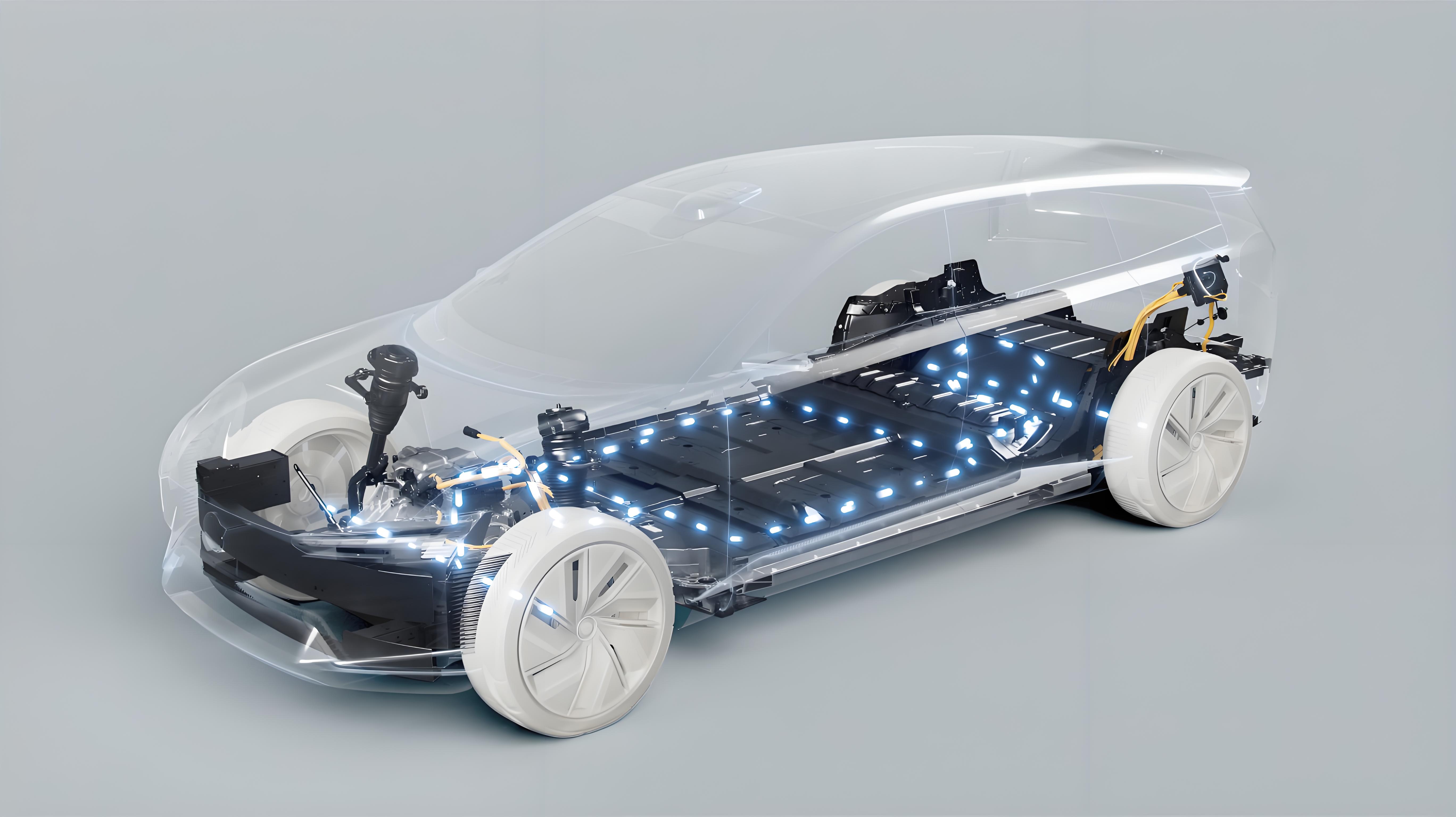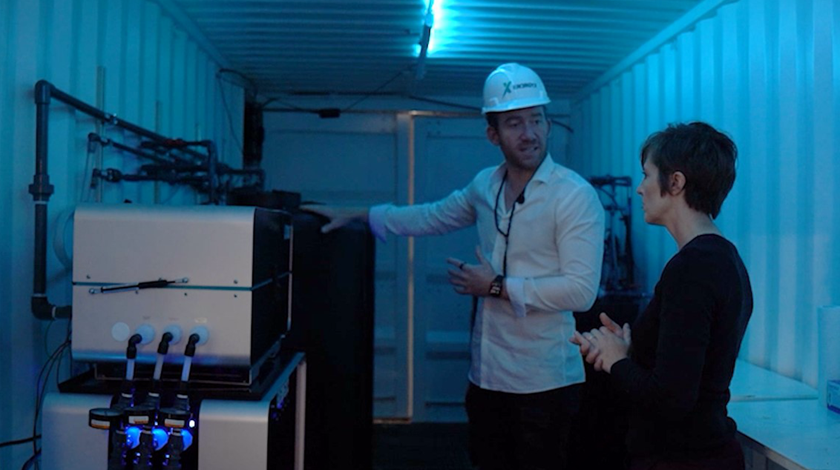Powering the Future: The Evolution of Battery Industrial in the Global Market
In today’s rapidly evolving world, the demand for clean and sustainable energy sources is more pressing than ever before. As the world population continues to grow and economies expand, the need for efficient and reliable energy storage solutions becomes increasingly crucial. One such solution that has gained significant attention and growth in recent years is the battery industry. Batteries have emerged as a game-changer in various sectors, including transportation, renewable energy, and consumer electronics. This article explores the evolution of the battery industry in the global market and its potential to shape the future.
The battery industry has come a long way since its inception. Early batteries were primitive, bulky, and had limited capabilities. However, advancements in technology and materials have revolutionized this industry, making batteries smaller, more powerful, and versatile. Lithium-ion batteries, pioneered by scientists in the 1970s, have emerged as the dominant technology in the modern battery market. Their high energy density, lightweight design, and rechargeable nature have made them the preferred choice for numerous applications.
The transportation sector has been one of the primary beneficiaries of the battery industry’s evolution. Electric vehicles (EVs) have gained significant popularity in recent years, with many countries and automakers pledging to transition to electric mobility. This shift is driven by concerns over climate change, air pollution, and the depletion of fossil fuel reserves. Today’s EVs are powered by lithium-ion batteries that offer longer ranges, faster charging times, and improved performance. This transition to electric mobility is not only reducing greenhouse gas emissions but also stimulating the growth of the battery industry.

The renewable energy sector is another area where batteries are playing a transformative role. Renewable energy sources such as solar and wind power are intermittent by nature, which presents challenges in maintaining a consistent supply of electricity. Batteries provide an effective solution by storing excess energy during periods of high generation and releasing it during low generation or peak demand. This enables a more stable and reliable integration of renewable energy into the grid, reducing the reliance on fossil fuels and contributing to a greener future.
Additionally, the consumer electronics industry has been a significant driver of the battery market. Smartphones, tablets, laptops, and wearable devices have become an integral part of our lives, demanding batteries that are more efficient and long-lasting. Consumers now expect their devices to have a longer battery life, faster charging capabilities, and the ability to handle power-intensive applications. To meet these demands, battery manufacturers are continuously investing in research and development to improve energy storage technologies and address the challenges associated with battery production and recycling.
The global battery market has experienced exponential growth in recent years, and its value is projected to reach staggering figures in the coming decade. This growth is driven by various factors, including government initiatives promoting clean energy, increasing investments in renewable infrastructure, and the growing demand for electric vehicles. The battery industry is also witnessing a shift towards more sustainable and environmentally friendly practices. Companies are exploring ways to reduce the environmental impact of battery production and improve the recycling and second-life applications of batteries.
However, challenges remain for the battery industry. The cost of batteries, although declining, is still a significant barrier to widespread adoption, especially in developing countries. Additionally, the reliance on finite resources such as lithium and cobalt raises concerns about the long-term sustainability of battery production. Research and development efforts are focused on finding alternatives to these resources or developing more efficient recycling processes to minimize waste.
In conclusion, the battery industry has undergone remarkable advancements over the years and has emerged as a key player in shaping the future of energy storage. From powering electric vehicles to enabling the integration of renewable energy sources, batteries have become an essential component of our modern lives. However, further innovation, investment, and collaboration are required to address the challenges and ensure a sustainable and efficient battery industry. With continued efforts, the future of the battery industry looks promising, offering cleaner and more reliable energy solutions for generations to come.
-
 Looking for a high-performance motorcycle battery that will take your ride to the next level? Look no further than LiFePO4 batteries. These powerful batteries are designed to provide superior performance and reliability, making them the perfect choice for demanding riders who demand the best. At the heart of every LiFePO4 motorcycle battery is advanced lithium iron phosphate technology. This...続きを読む
Looking for a high-performance motorcycle battery that will take your ride to the next level? Look no further than LiFePO4 batteries. These powerful batteries are designed to provide superior performance and reliability, making them the perfect choice for demanding riders who demand the best. At the heart of every LiFePO4 motorcycle battery is advanced lithium iron phosphate technology. This...続きを読む -
 As a vehicle owner, one of the most frustrating issues you may encounter is a dead starter battery. Not only can this prevent you from starting your car, but it can also be a costly problem to fix. Fortunately, there are several steps you can take to prevent your starter battery from discharging. In this article, we\'ll discuss some of...続きを読む
As a vehicle owner, one of the most frustrating issues you may encounter is a dead starter battery. Not only can this prevent you from starting your car, but it can also be a costly problem to fix. Fortunately, there are several steps you can take to prevent your starter battery from discharging. In this article, we\'ll discuss some of...続きを読む -
 Modern technology has revolutionized every aspect of our lives from communication to transportation, and power supply is no exception. In recent times, more and more people are turning to lithium batteries as an alternative source of power supply. One such battery that is gaining popularity is the 12V 200Ah LiFePO4 lithium battery. In this article, we will explore the advantages...続きを読む
Modern technology has revolutionized every aspect of our lives from communication to transportation, and power supply is no exception. In recent times, more and more people are turning to lithium batteries as an alternative source of power supply. One such battery that is gaining popularity is the 12V 200Ah LiFePO4 lithium battery. In this article, we will explore the advantages...続きを読む -
 Today, as the electric vehicle industry is booming, lithium-ion automotive batteries play an important role as the core power source. This article will provide an in-depth analysis of the technical composition, performance characteristics, and current market conditions of lithium-ion automotive batteries, but will not cover specific application areas, innovative technologies, and future prospects. Technical Composition Lithium-ion automotive batteries are mainly...続きを読む
Today, as the electric vehicle industry is booming, lithium-ion automotive batteries play an important role as the core power source. This article will provide an in-depth analysis of the technical composition, performance characteristics, and current market conditions of lithium-ion automotive batteries, but will not cover specific application areas, innovative technologies, and future prospects. Technical Composition Lithium-ion automotive batteries are mainly...続きを読む -
 In recent years, the demand for energy storage solutions has increased dramatically, primarily due to the rise of renewable energy sources. Lithium iron phosphate (LiFePO4) battery packs have emerged as one of the most popular solutions for energy storage. These battery packs offer several advantages, including high performance, longer lifespan, and better safety compared to other battery chemistry types. This...続きを読む
In recent years, the demand for energy storage solutions has increased dramatically, primarily due to the rise of renewable energy sources. Lithium iron phosphate (LiFePO4) battery packs have emerged as one of the most popular solutions for energy storage. These battery packs offer several advantages, including high performance, longer lifespan, and better safety compared to other battery chemistry types. This...続きを読む -
 Lithium-ion battery, as one of the core technologies in the field of modern energy storage, has been attracting attention since its birth with its excellent performance and wide application prospects. This article will deeply explore the basic principles, structural composition and unique advantages of lithium-ion batteries in energy storage, and reveal the secrets of this technological product to you. 1....続きを読む
Lithium-ion battery, as one of the core technologies in the field of modern energy storage, has been attracting attention since its birth with its excellent performance and wide application prospects. This article will deeply explore the basic principles, structural composition and unique advantages of lithium-ion batteries in energy storage, and reveal the secrets of this technological product to you. 1....続きを読む -
 In today's world where technology is advancing rapidly, the demand for power storage systems has increased significantly. Lithium-ion batteries have become the go-to choice for energy storage, and amongst these, LiFePO4 batteries have gained immense popularity due to their superior performance and long lifespan. A 12V 200Ah LiFePO4 battery pack is a powerful energy storage solution that is ideal...続きを読む
In today's world where technology is advancing rapidly, the demand for power storage systems has increased significantly. Lithium-ion batteries have become the go-to choice for energy storage, and amongst these, LiFePO4 batteries have gained immense popularity due to their superior performance and long lifespan. A 12V 200Ah LiFePO4 battery pack is a powerful energy storage solution that is ideal...続きを読む

